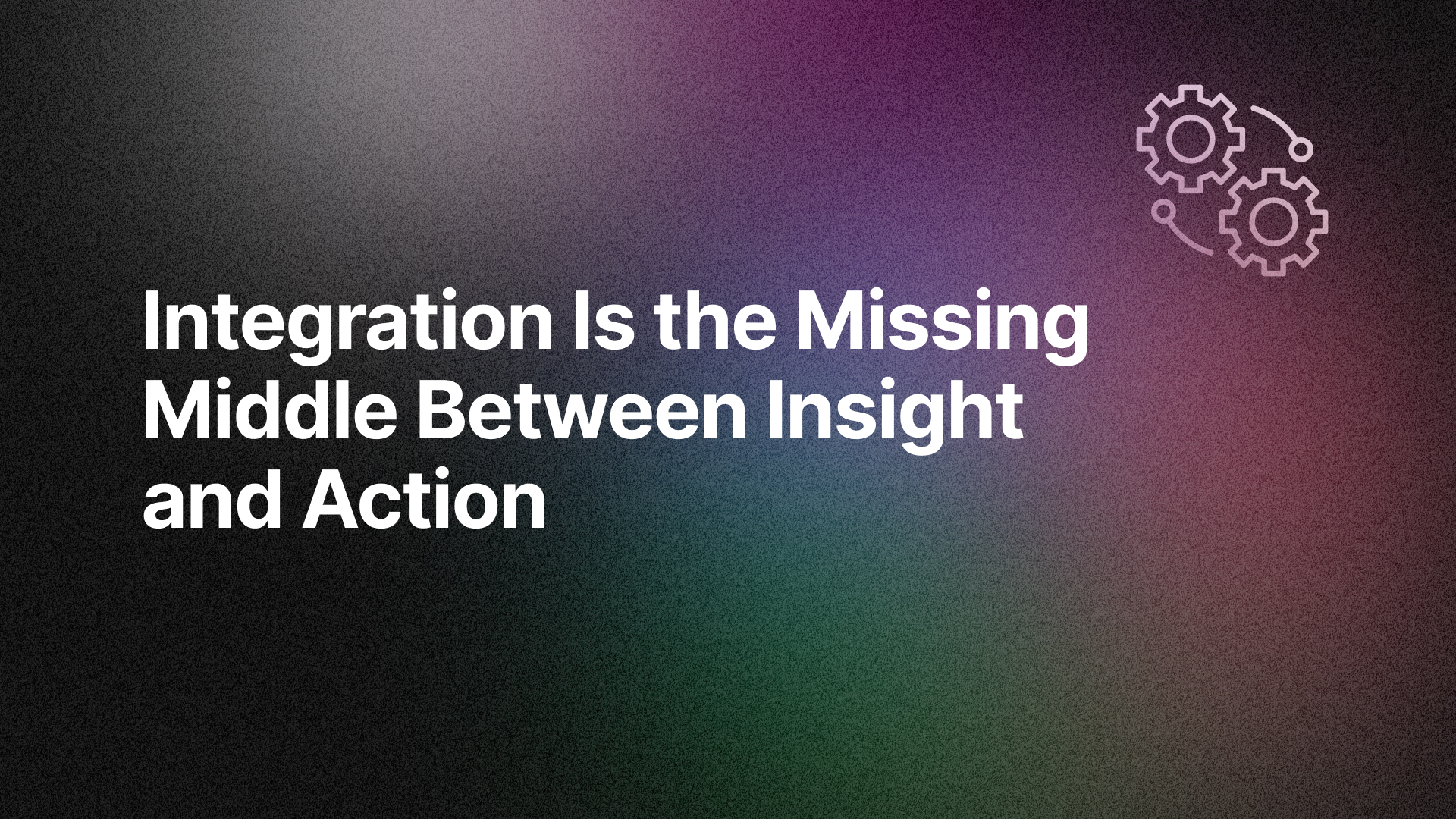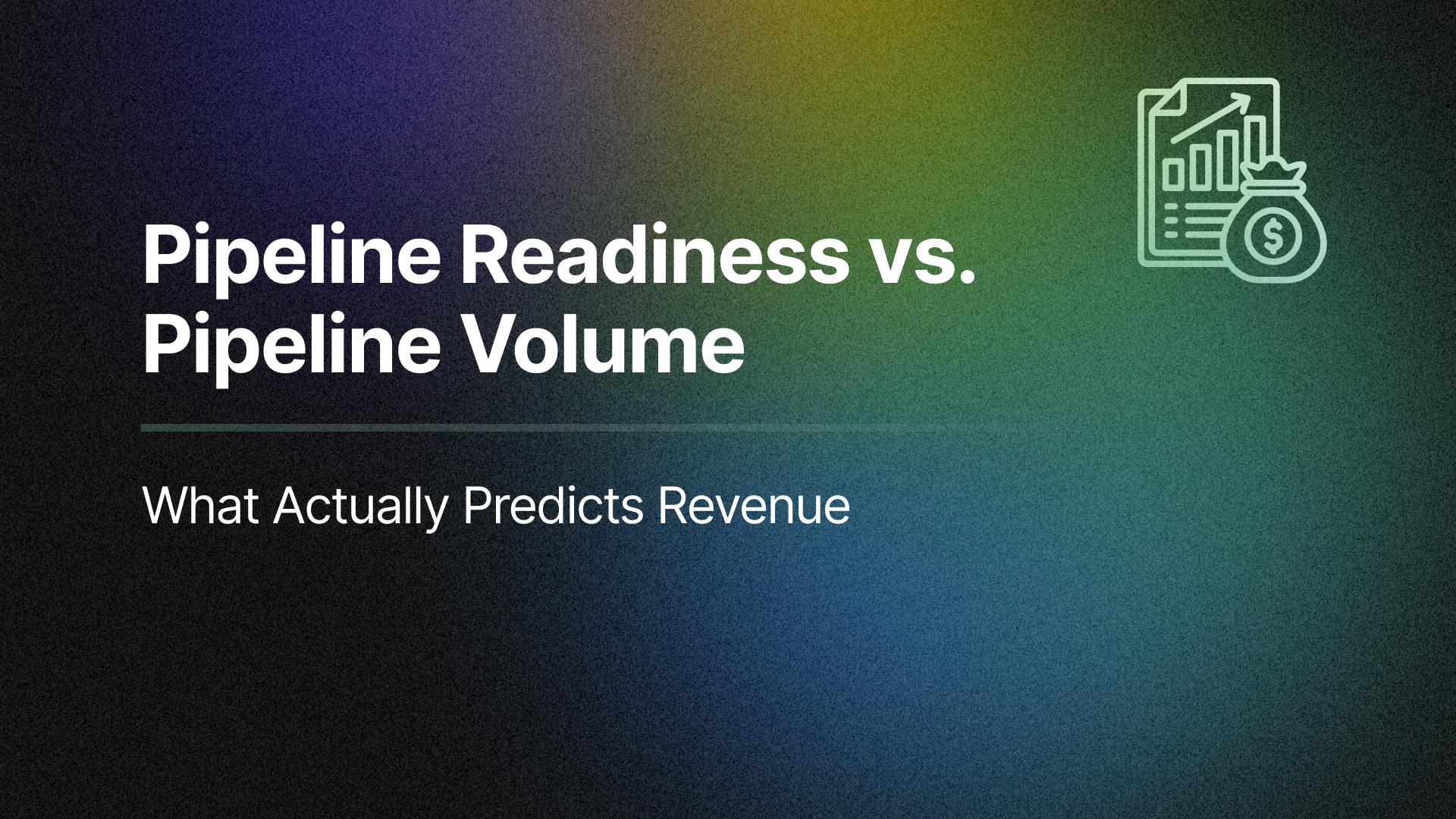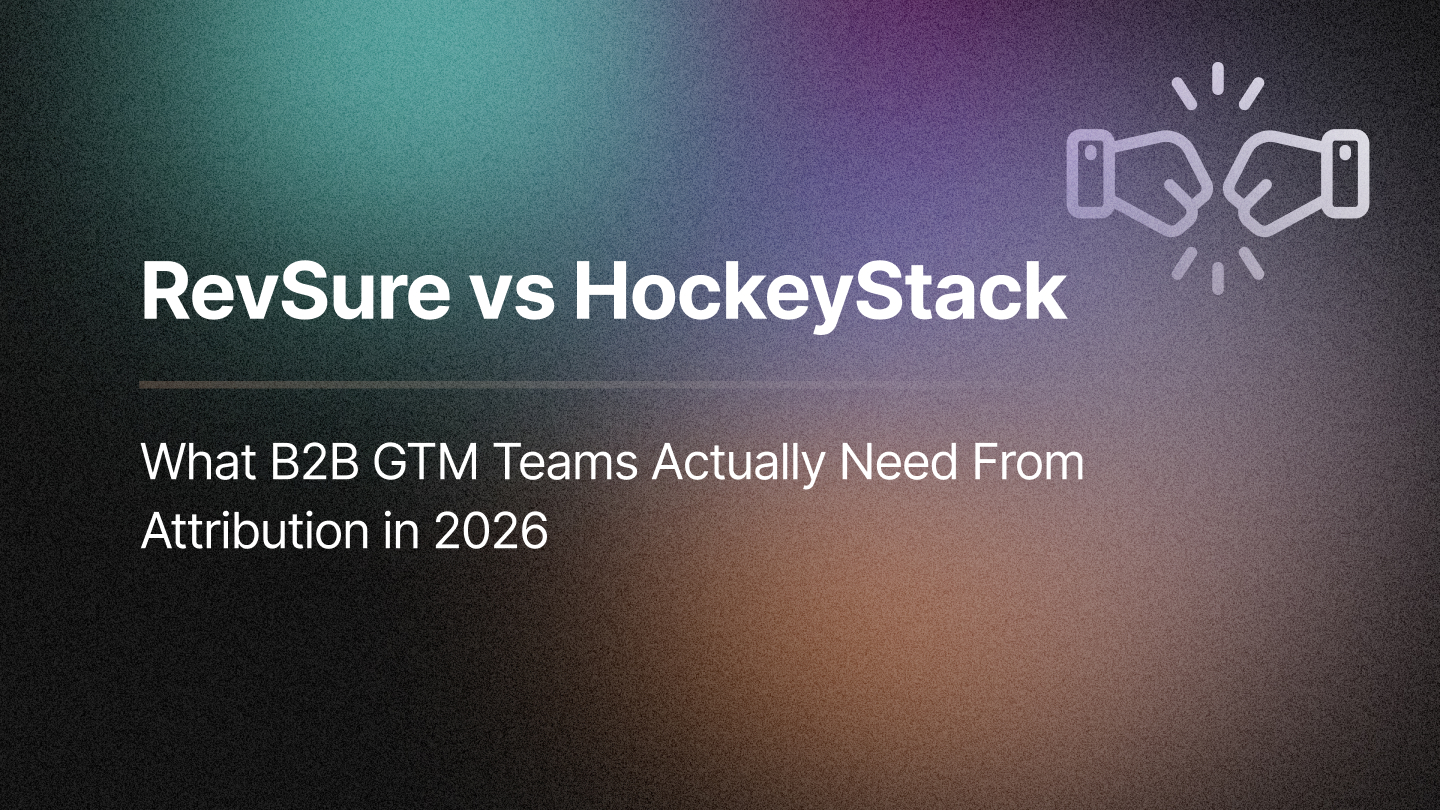In B2B marketing, relying solely on reporting metrics from platforms like Google Ads, LinkedIn, and Facebook can lead to an incomplete view of your marketing efforts. While these platforms provide valuable insights into leads generated, click-through rates (CTR), and impressions, these metrics often reflect only the platform’s performance, not what occurred before or after. To truly optimize your marketing, B2B marketers must transition from a "reporting brain" to an "attribution brain."
The Limitations of Reporting in B2B Marketing
Reporting focuses on aggregating data within specific ad systems. For example, Google Ads may show how many leads a particular campaign generated, while LinkedIn might highlight the number of impressions or clicks. However, these numbers only tell part of the story. They reflect the performance of individual campaigns within their respective ecosystems, not the entire customer journey across multiple touchpoints and channels.
According to a study by Forrester, 58% of B2B marketers feel that their current reporting systems fail to capture the full customer journey. This lack of comprehensive visibility can result in marketing strategies that overlook key interactions, leading to suboptimal decision-making and resource allocation.
The Power of Attribution
Attribution models offer a more holistic view of your marketing effectiveness. Instead of looking at isolated metrics, attribution considers the complex web of interactions that take place across multiple channels and touchpoints. Attribution allows marketers to understand how each campaign contributes to lead and pipeline generation, considering the influence of other campaigns and interactions along the buyer's journey. This broader perspective enables better decision-making and more effective resource allocation.
Cognitive Dissonance: Reporting vs. Attribution
When B2B marketing teams first transition from a reporting mindset to an attribution mindset, they often experience cognitive dissonance. The metrics they’ve been accustomed to seeing within their ad systems—such as the number of leads generated by a specific campaign—might look very different when viewed through the lens of attribution. This shift in perspective can be challenging, but it’s necessary for achieving a deeper understanding of marketing effectiveness.
The Role of Leadership in Facilitating Transition Towards Attribution in B2B Marketing
In many cases, digital marketers see a significant difference between the numbers reported for their channels and campaigns versus the attribution numbers for those same channels and campaigns, leading to doubts and mistrust of attribution data. However, in the long run, this transition drives better decisions. This is where leadership and management play a crucial role.
Leadership must drive this mindset shift by fostering an environment where marketing teams feel supported in adopting attribution-focused strategies. Here’s how leadership can help:
- Education and Training: Leadership should prioritize educating marketing and RevOps teams about the value of attribution and how it differs from traditional reporting. Investing in training sessions and workshops can help teams understand the complexities of attribution and how to apply it effectively.
- Reporting and Attribution Side by Side: To bridge the gap between reporting and attribution, it’s essential to compare the two side by side. By analyzing both sets of data, marketers can internalize the differences and understand how each contributes to a fuller understanding of marketing effectiveness. RevSure's State of Marketing Attribution study found that 98% of marketing professionals agree that marketing attribution is crucial to the success of their overall strategy.
- Reporting Metrics: Continue to use these for tracking performance within specific platforms and optimizing individual campaigns.
- Attribution Insights: Use these to understand the broader impact of your marketing efforts across multiple channels and inform strategic decisions about resource allocation.
- Encouraging Experimentation: Transitioning to an attribution mindset may result in some metrics looking less favorable than traditional reporting. Leaders should encourage teams to experiment and learn from attribution data without fear of immediate repercussions. This supportive approach can help teams embrace attribution as a tool for growth rather than a punitive measure.
- Setting Realistic Expectations: Leaders should set clear expectations about the transition process. Moving from reporting to attribution takes time, and management should be patient with the results. The leading challenges hindering the implementation of marketing attribution are limited resources (46%) and complexities (46%), as per RevSure's State of Marketing Attribution study.
- Promoting Cross-Functional Collaboration: Leadership should encourage collaboration between marketing, sales, and operations teams to ensure that attribution models reflect the full customer journey. This collaboration can help teams align their strategies and improve the accuracy of attribution data.
- Recognizing Efforts, Not Just Outcomes: It’s important for management to recognize the efforts of marketing teams during the transition, even if initial attribution numbers don’t look as strong as reporting metrics. By focusing on continuous improvement rather than immediate results, leaders can foster a culture of growth and innovation.
Conclusion
Transitioning from a reporting mindset to an attribution mindset is crucial for B2B marketers who want to optimize their marketing strategies and drive better results. While reporting provides valuable insights within individual ad systems, it’s attribution that offers the comprehensive view needed to understand the full customer journey.
By combining the strengths of both reporting and attribution, you can achieve a more accurate and effective understanding of your marketing impact. This shift will enable you to make data-driven decisions that not only improve your marketing efforts but also drive significant business growth.
Want to speak about institutionalizing Marketing Attribution in your company, grab a time here.
Related Blogs







